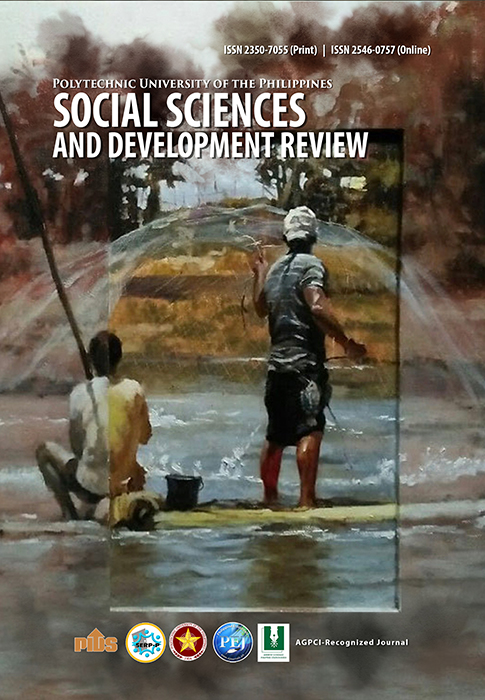A Comprehensive Analysis of the Implementation of Government Procurement Law in Metro Manila: Basis for Good Governance among Local Government Units
DOI:
https://doi.org/10.70922/045aey55Keywords:
Procurement, Good Governance, Local Government UnitsAbstract
Public procurement is a standard procedure for the government to buy products and services and develop infrastructure projects. Rigid procurement benefits northern hemisphere nations like the European Union (EU). In Australia, they use “Commonwealth Procurement Rules” to get value for money by strengthening local capabilities and skills (Allen, 2020). In a comparative study, Asia outperformed Africa in all parameters except voice, accountability, and procurement complaint handling. (Amankwa & Tetteh, 2022). This research evaluated the three (3) Highly Urbanized Cities based on their scores on four (4) pillars: Economic Dynamism, Government Efficiency, Infrastructure, Resiliency, and Innovation. (Manila, Pasay, and Quezon City) on how well they follow the procurement law’s procedures. Its secondary objective is to identify these LGUs’ obstacles while trying to carry out the procurement legislation. The researcher used a mixed-methods study design and anchored it in Marketization by Christopher Hood in 1991, and the Good Governance Concept, developed by the United Nations Development Programme (UNDP) in 2023. Also, it was found out that the Local Government Units (LGUs) demonstrated the praiseworthy proactive initiatives implemented by cities in Metro Manila, which might serve as a model for replication by other LGUs. Moreover, the government should consider allocating a significant proportion of the yearly budget to ICT modernization for long term investment. This investment aims to respond to core principles of Good Governance such as efficient and effective implementation. Also, addressing the sustainability concerns will secure online procurement platforms and cost-efficiency for suppliers and procurement agencies.
Downloads
References
Downloads
Published
Issue
Section
License
Copyright (c) 2024 Omar R. Manlapas, Christopher C. Mantillas (Author)

This work is licensed under a Creative Commons Attribution-NonCommercial 4.0 International License.
Articles published in the SOCIAL SCIENCES AND DEVELOPMENT REVIEW will be Open-Access articles distributed under the terms and conditions of the Creative Commons Attribution-Noncommercial 4.0 International (CC BY-NC 4.0). This allows for immediate free access to the work and permits any user to read, download, copy, distribute, print, search, or link to the full texts of articles, crawl them for indexing, pass them as data to software, or use them for any other lawful purpose.


